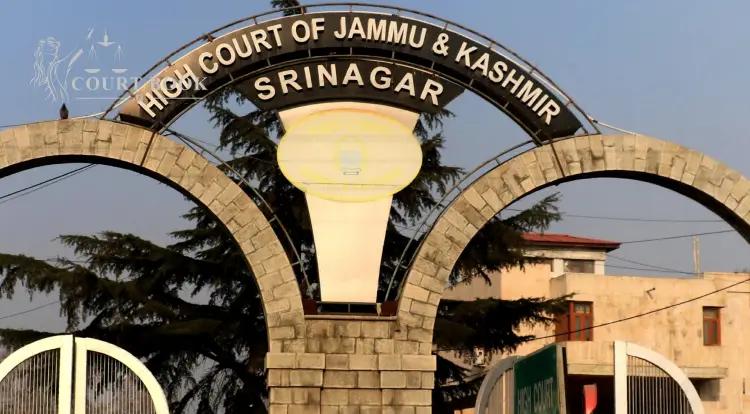In a significant judgment, the High Court of Jammu & Kashmir and Ladakh reaffirmed that courts must not interfere with policy decisions involving the allocation of natural resources. Justice Javed Iqbal Wani, while dismissing a writ petition challenging the cancellation of mining leases, clearly stated that the judiciary cannot conduct a comparative study of different methods used by the executive for distributing natural resources.
Read Also:-High Court: J&K Provident Fund Act Coverage Without Gazette Notification Has No Legal Standing
The Court emphasized:
"A court cannot conduct a comparative study of various methods of distribution of natural resources as it respects the mandate and wisdom of the Executive."
The case involved four petitioners who had participated in an e-auction for mining leases in Shopian district. They claimed to be the highest bidders for four minor mineral blocks after clearing both technical and financial bidding stages. An initial report online even showed them as highest bidders. However, their bids were later rejected by the e-Auction Committee. The committee found that each block had received only a single bid, making the process non-competitive and against public interest.
The Government of Jammu & Kashmir and the Geology and Mining Department argued that being the highest bidder alone does not entitle anyone to a lease. They also raised a serious preliminary objection—stating that the petitioners had suppressed material facts by not disclosing earlier civil suits filed on the same matter before the District Judge, Jammu, back in 2011.
Referring to this, the Court highlighted the importance of honesty in legal proceedings. Quoting the Supreme Court’s view from Prestige Lights Ltd. v. State Bank of India (2007):
"If there is suppression of material facts, the writ court may refuse to entertain the petition and dismiss it without entering into merits."
Justice Wani further cited cases like K.D. Sharma v. SAIL (2008) and Manohar Lal v. Ugrasen (2010) to stress that anyone seeking equitable relief must approach the court with clean hands, clean mind, and clean intentions.
Despite the serious lapse, the Court still examined the merits of the case. It referred to the Supreme Court’s judgment in In Re: Natural Resources Allocation (2012), where it was laid down that:
"While the State must maximize revenue in resource allocation, the choice of method—whether auction or otherwise—is purely a policy decision. Courts lack the expertise to judge or substitute such methods."
Justice Wani concluded that the petitioners could not claim a right to be declared successful bidders simply because they submitted the highest bids in a non-competitive auction. It was within the executive’s discretion to reject the bids for public interest.
Given the suppression of material facts and the sound policy decision by the authorities, the Court dismissed the petition. Instead of ordering criminal prosecution for false affidavits, it imposed a fine of ₹50,000 each on the petitioners, payable within two weeks.
Case Title: Rahil Chowdhary Vs UT Of J&K













